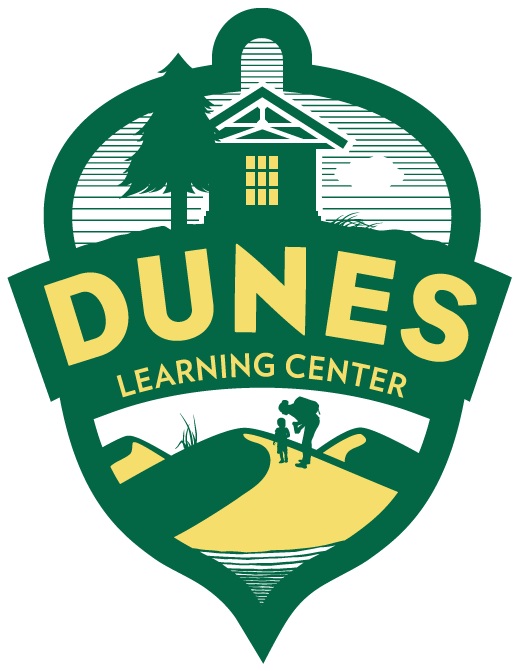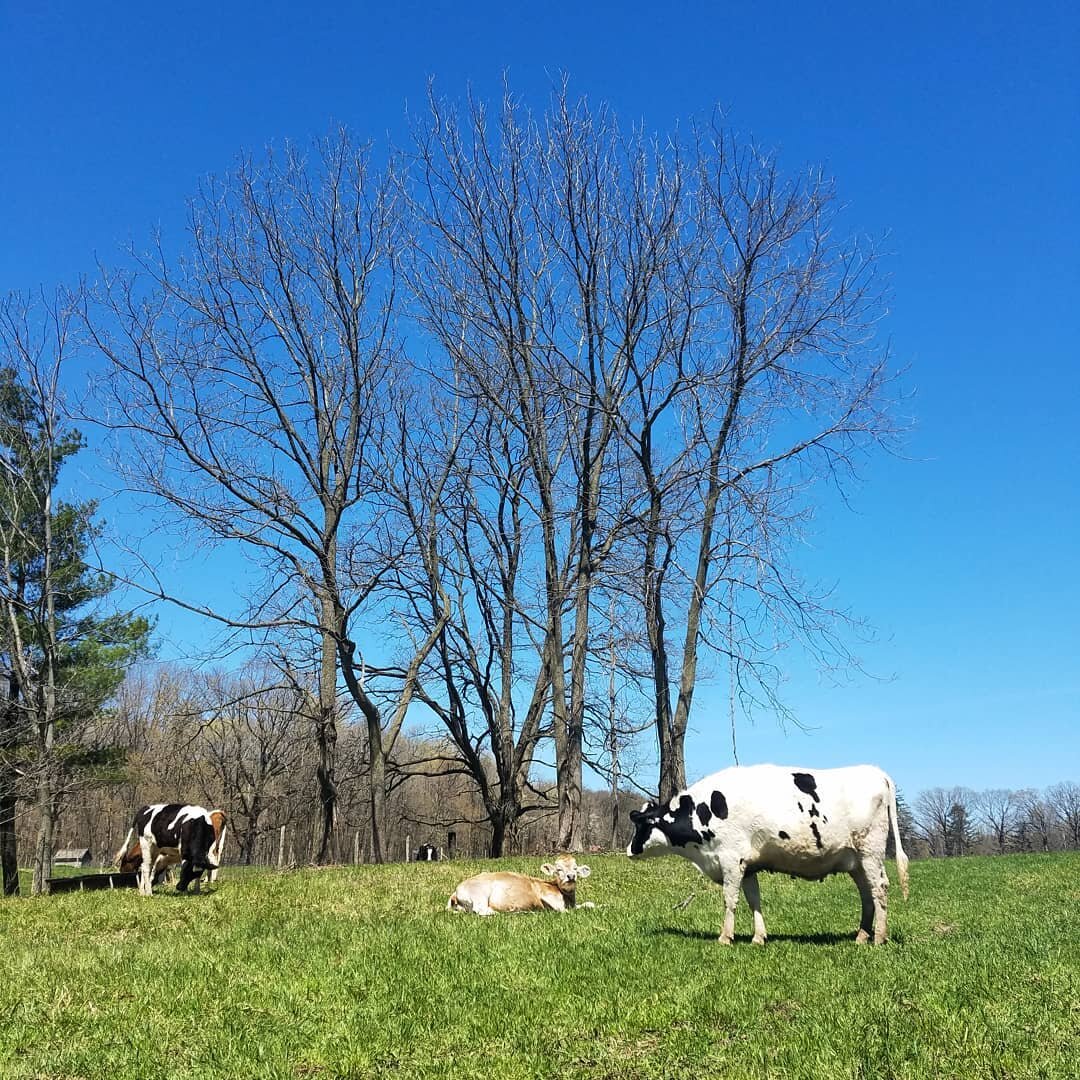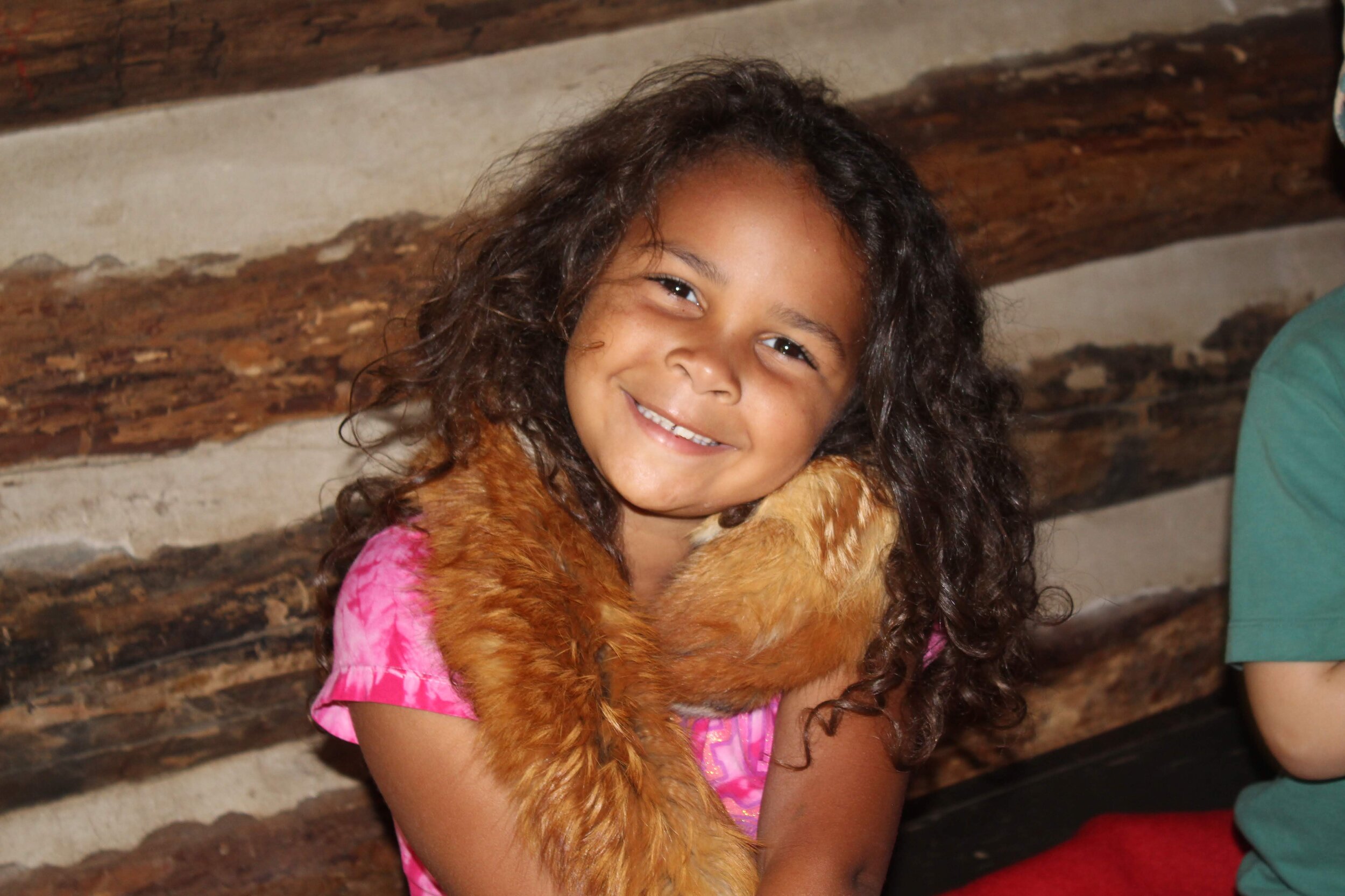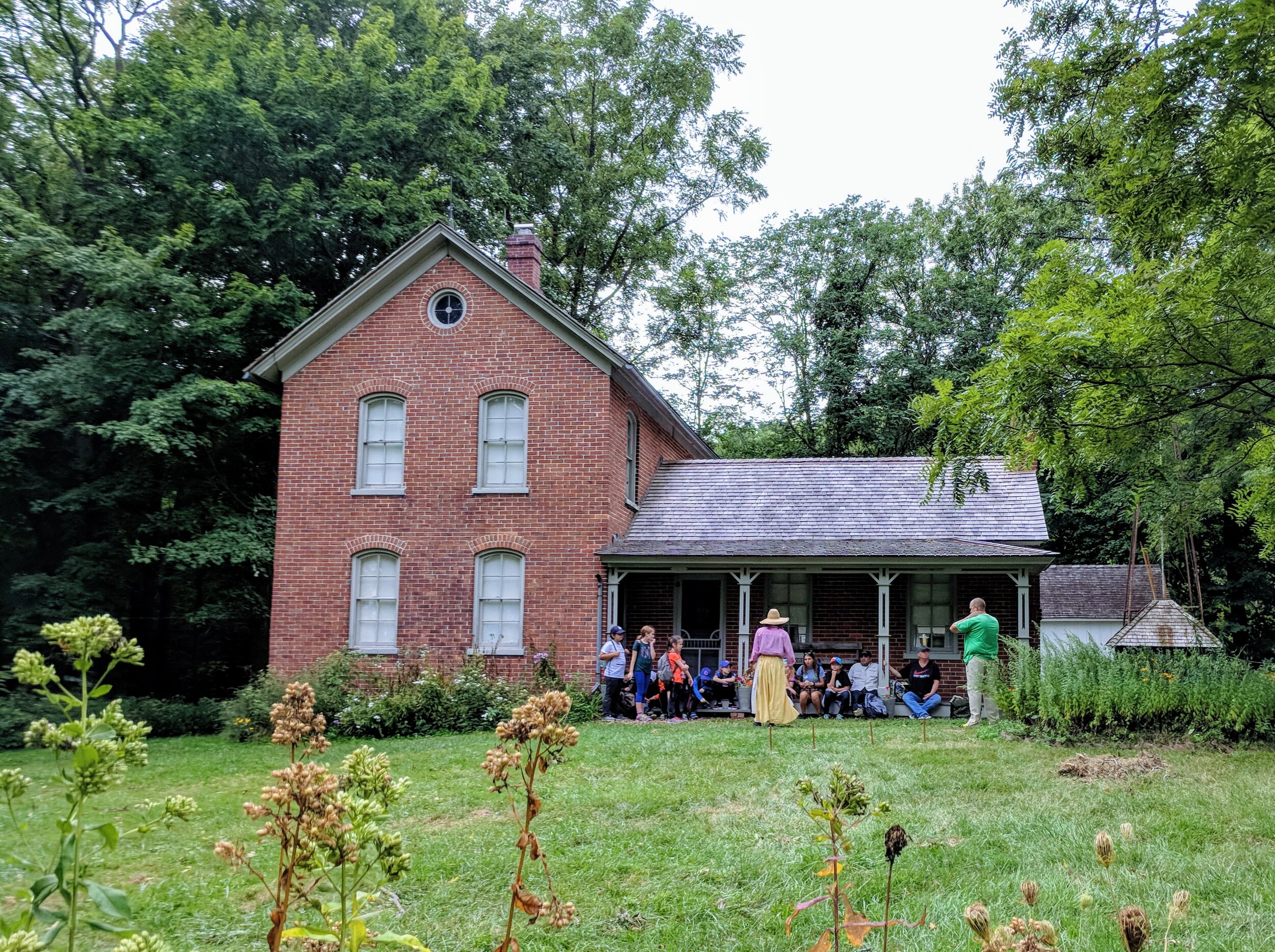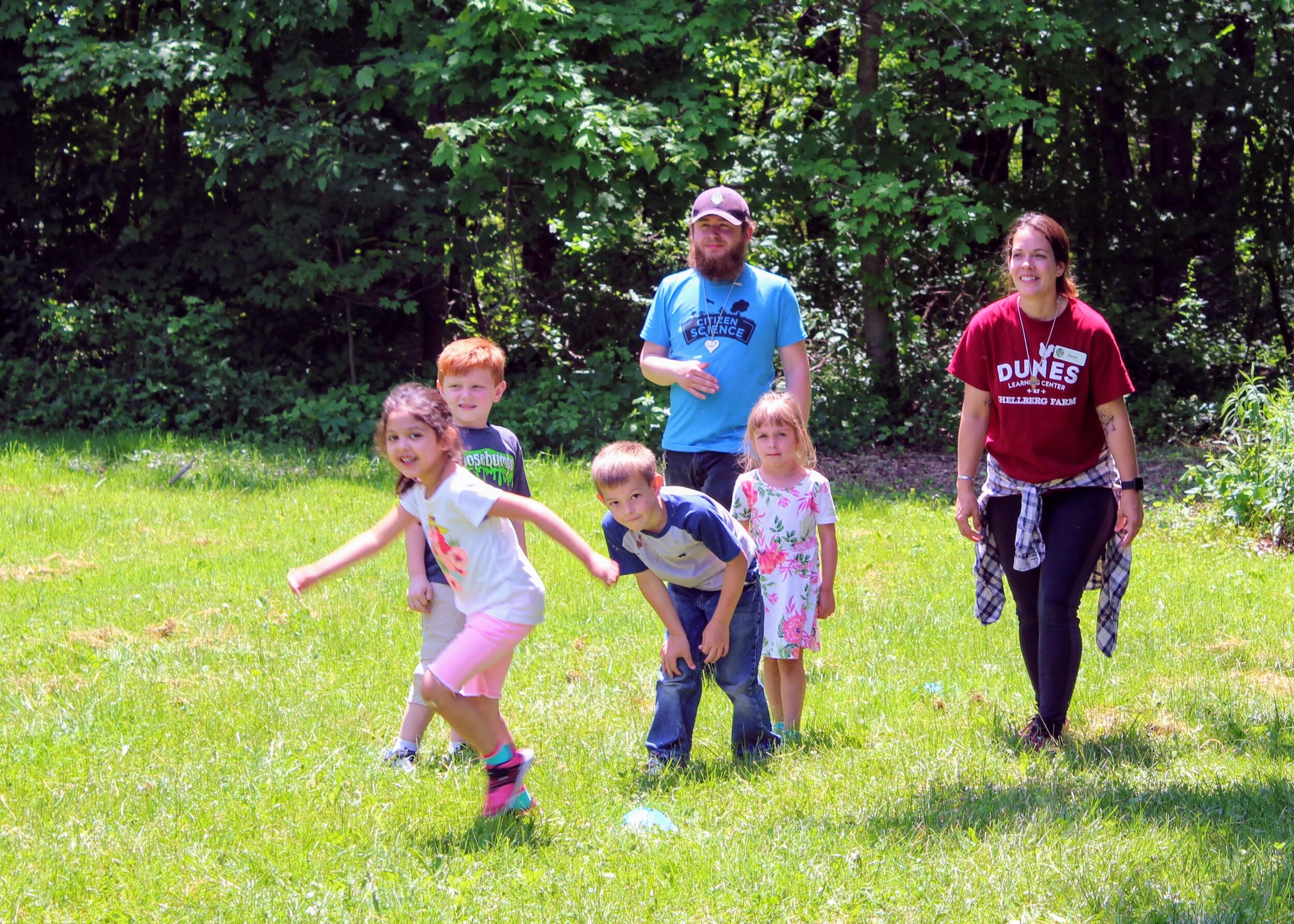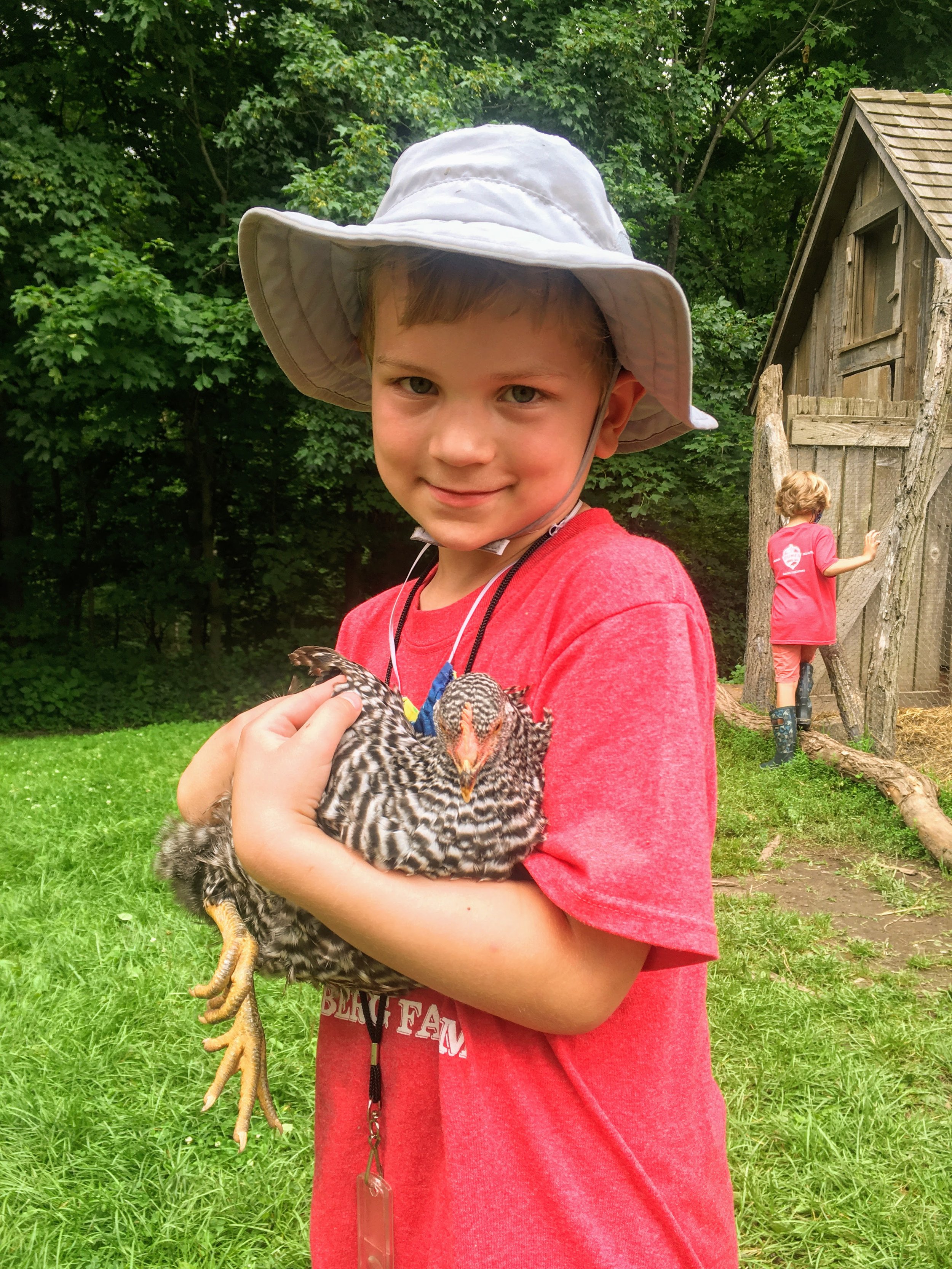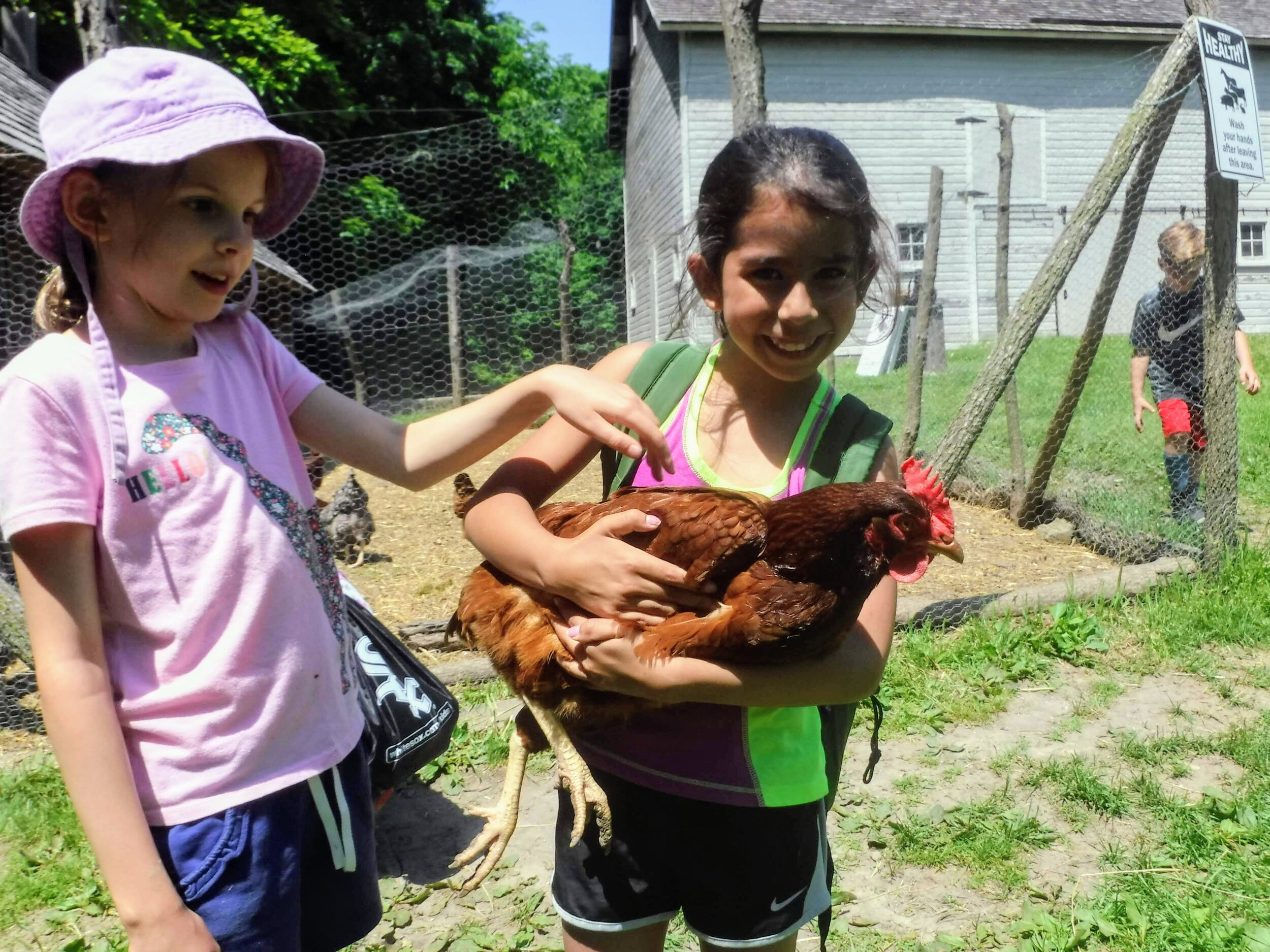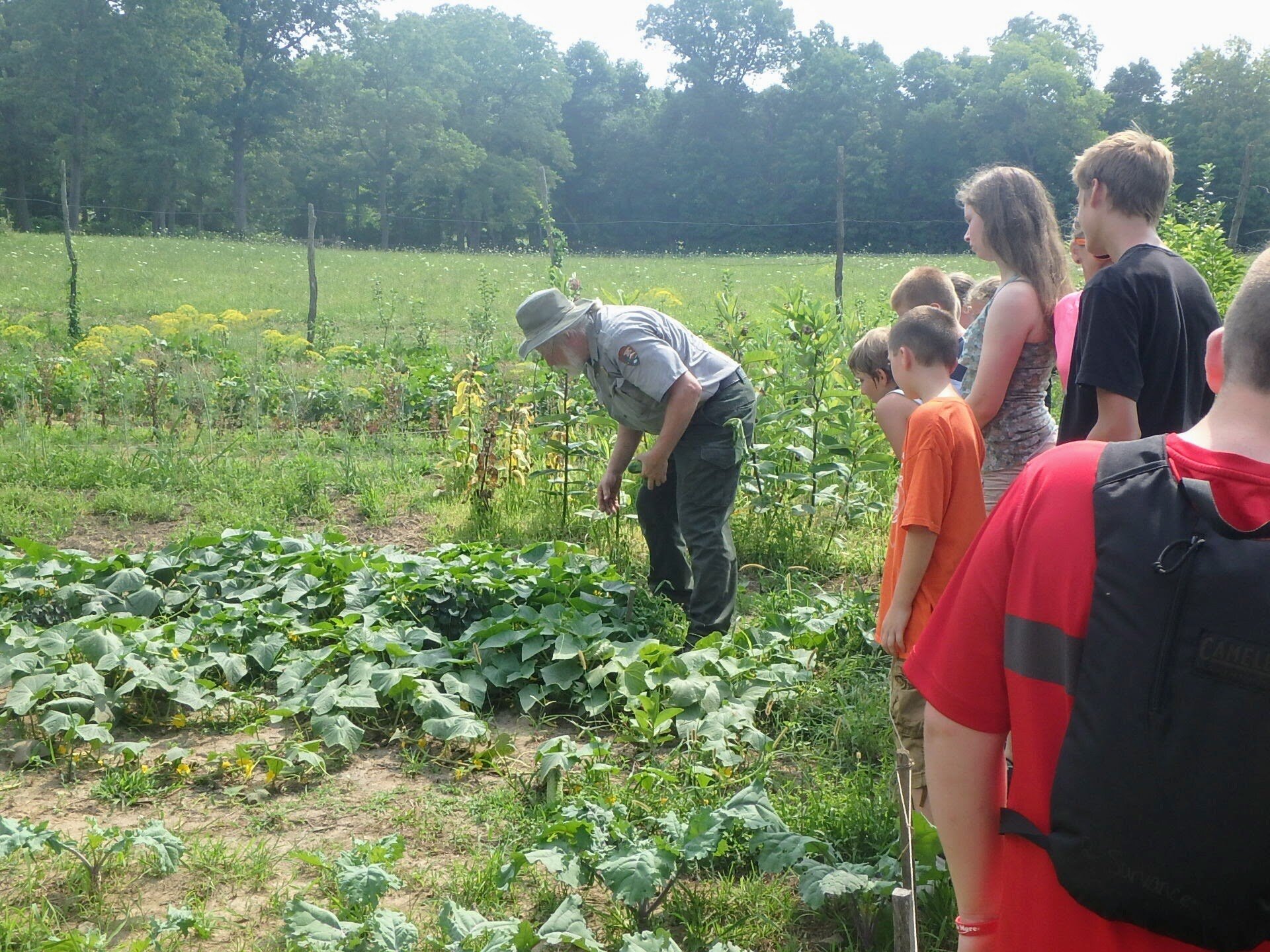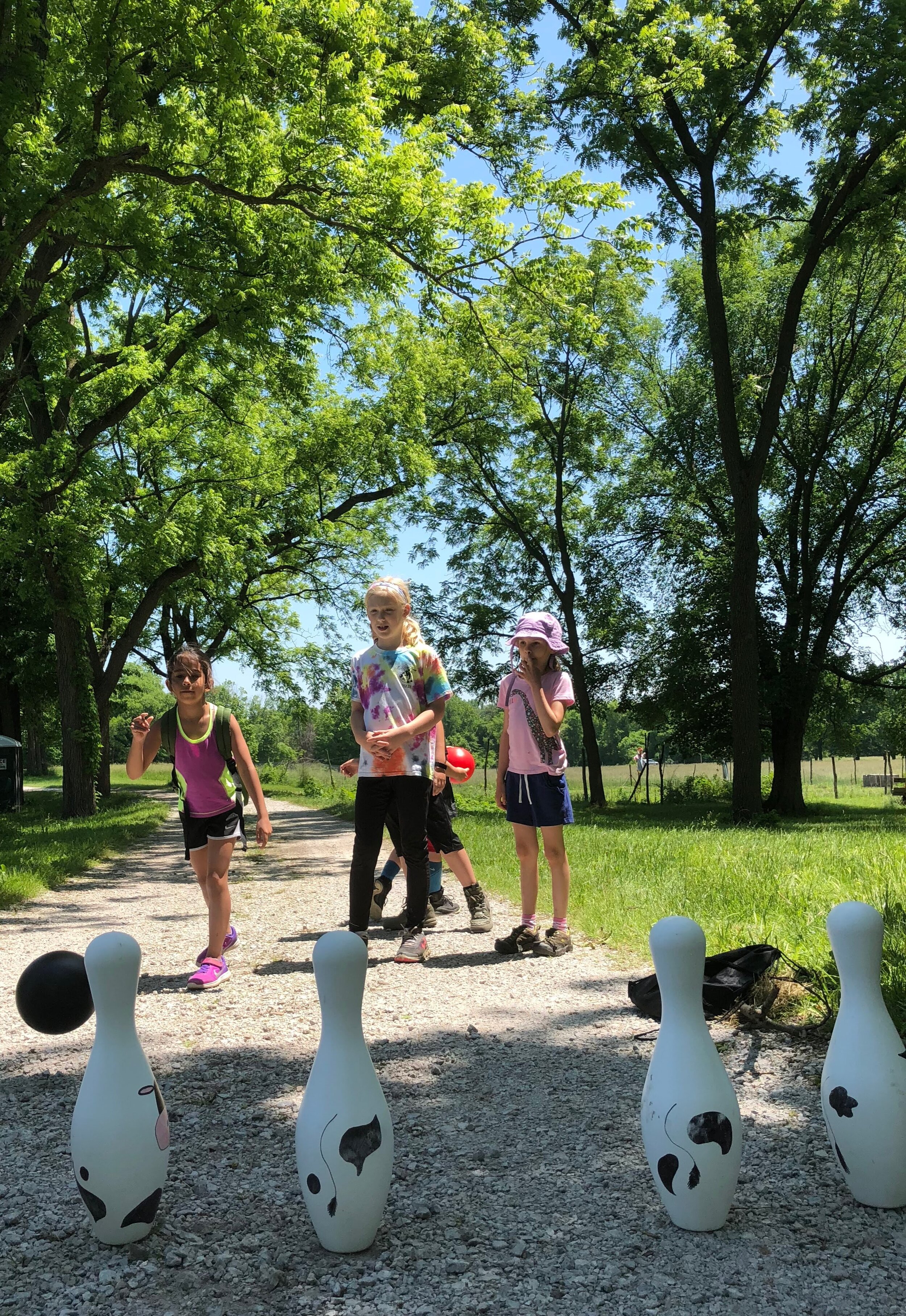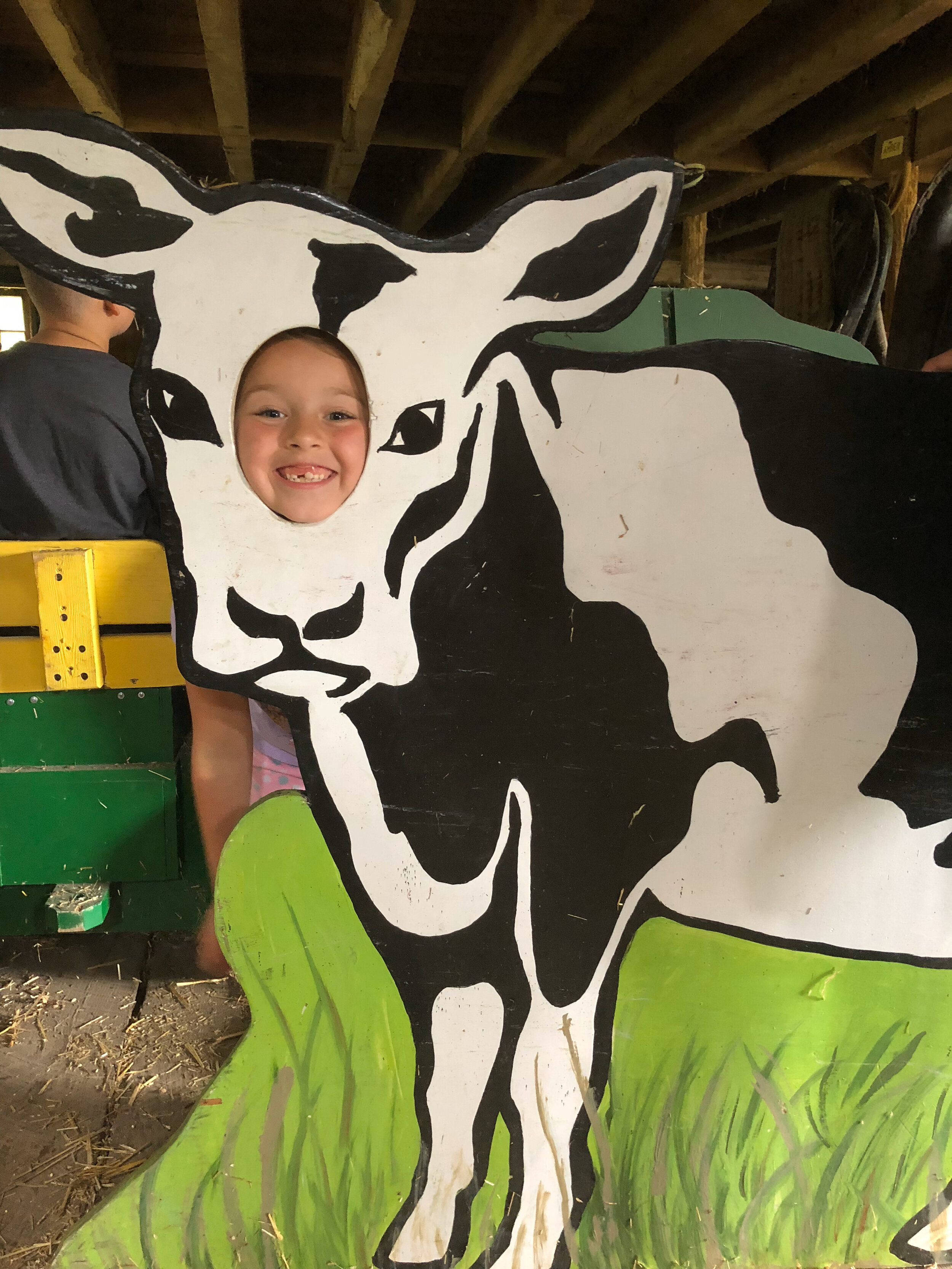FARM CAMP: JUNE 24-26
Drop off: 9am CST at Chellberg Farm parking lot: 618 N. Mineral Springs Road, Porter, IN, 46304
Pick up: 2pm CST (Pick up person must show photo ID.)
Historic Chellberg Farm is the backdrop for this camp where kids can interact with the animals, explore the forest, and play fun games to learn more about life on the farm.
Please read this information thoroughly as it contains important information about camp. If you have further questions regarding your child’s camp experience, please contact the Dunes Learning Center office at 219-395-9555 or email Erin Crofton, Camp Director, at ecrofton@duneslearningcenter.org.
Checklists: Prior to Start of Camp
Complete the full camper profile in the CampDoc registration system by June 1. Email lgreenwald@duneslearningcenter.org for any questions completing your profile.
Before each day of Farm Camp:
Tell your camper how much fun they will have at camp!
Help your camper pack for each day: (more detailed list below)
2 Water bottles & bagged nut free lunch
Campers should wear closed-toe shoes and bring a change of clothes and extra shoes each day.
Make certain your camper has sunscreen and bug spray applied each day before they arrive at camp.
Label all of your camper’s things that are going to be brought to camp with permanent marker. Be sure to use first and last names for easy identification of lost items.
Have any medications ready to turn into camp staff at check-in. Medications must be in their original containers!
Be sure your camper eats breakfast before coming to camp.
What to Bring
Summer weather in the dunes can be unpredictable. The following is a list of suggested items. Keep in mind that most of the time spent at camp will be outdoors. Expensive designer clothing should be left at home - bring clothes that can get dirty!
Bagged nut free lunch - reusable containers are fine!
Sturdy closed-toe shoes for hiking. Open-toe shoes such as flip-flops or sandals are not permitted.
An extra pair of shoes that can get wet and muddy may be desired on any day with rain.
Raincoat or poncho
Hat with sun visor
Sunglasses
Sweater or sweatshirt
Lip balm
Sunscreen
Mosquito repellent
Two reusable water bottles
Backpack (no drawstring backpacks)
Optional items:
Camera (rugged or disposable)
Binoculars
What NOT to bring: Video games, cell phones, other electronic games, iPods, pocket knives.
Strictly Prohibited: Tobacco and electronic cigarettes, Alcoholic beverages, Illegal drugs, Animals, Sports equipment, Weapons, including but not limited to: firearms, ammunition, and knives.
Inclement Weather
The large majority of time at camp is spent outdoors, and we do not plan on letting a little drizzle slow us down! However, if the forecast calls for severe weather for the majority of the day the farm is simply not the best place to be. In the case of severe weather predictions, we may find it necessary to cancel the day of camp. If so, the Camp Staff will call each camper’s parent/guardian the morning of camp, approximately an hour before drop off time. The camper will be given the option to attend the same day in the following session or be refunded for the day.
About Chellberg Farm: The farm was established in 1869 on a patch of forest near the Little Calumet River by a Swedish immigrant family, the Chellbergs. Three generations of the family lived on the farm, and over that period the farm operated as a sorghum farm, sugar maple bush, and even a dairy farm once the South Shore Line was completed. The National Park Service bought the farm from the Chellbergs in 1972, and restored it to a functioning 1890-1910 period farm.
In 2016, Dunes Learning Center partnered with Indiana Dunes National Park to bring life back to the farm by reinstating resident animals. Today, the National Park Service and a dedicated group of volunteers care for chickens and at times other animals, which are all part of this camp.
In addition to the historical house, garden, and barns, there are two large open shelters, one enclosed shelter, and a permanent building with restrooms. The campers will use these areas for snack, lunch, restroom break, and in the case of inclement weather.
Farm Camp Activities
During their time in the Indiana Dunes National Park, campers will learn about the history and diversity of the farm and surrounding forest through games, hikes, and other exciting activities. Each day campers will receive instruction, have a snack, explore the park, and participate in an art or craft activity. All program supplies and snacks are provided as part of your Chellberg Camp registration fee.
Below are descriptions of some of the planned activities for camp. All activities are subject to weather conditions, and may be altered.
Animal Encounters
Campers will have the opportunity to pet, feed, and interact with the animals at the farm. They will learn about the differences and similarities between each animal and themselves, as well as the many resources the animals provide for us. In addition to meeting the animals, campers will also play animal-themed games: egg relay, tippy-cow bowling, feed the pig toss, and more.
Crafts
Campers will create a unique craft themed around the activities of that day. These crafts are for each camper to take home at the end of the day as a reminder of all the fun activities they experienced while at camp.
Insect Investigations
This activity highlights the vital role that insects play in our lives as we know them. Campers will spend time sweeping for insects in the Chellberg garden. We will discuss and demonstrate the job that each of these insects have in the garden. Then campers will explore and search for insects in the forest. Everyone will compare the various insects found in the different locations.
Life on the Farm Activities
During this activity campers get the feel for what life was like for the Chellberg children over 100 years ago. They will get a tour of the house to see early 20th century living conditions. They can try their hands at some common farm chores: push-mowing the lawn, feeding the animals, milking the (fake) cow, and stacking milk jugs. Campers will also experience the old ways to have fun and pass time like ring toss, wooden stilts, and the old Swedish game of Kubb.
Health and Safety
Medical Care While at Camp
The health and safety of every camper is our first priority. Campers are monitored by all staff. All staff are trained and certified in First Aid and CPR. National Park Service emergency dispatch and law enforcement personnel are available 24 hours per day to help with emergency situations. Northwest Health-Porter Hospital and Chesterton Health & Emergency Center hospitals are both less than 11 miles from Dunes Learning Center campus. Ambulance service runs from Porter Fire Department, located approximately 3 miles from our campus. If your child becomes ill while at camp or requires medical treatment beyond basic First Aid, you will be contacted. Parents will be notified for pickup if their camper has a fever of 100.4º F or higher.
Medicine at Camp
All prescription and non-prescription medicines must be in their original container with dosage and camper’s name clearly indicated. Medicines will not be accepted in substitute containers.
Medicines are held by staff and administered under staff supervision based on parent instruction.
Place all medicine in a zip top bag with the camper’s name clearly marked on the bag.
Medicines must be turned into the staff upon check-in. You will be asked to list all medications, dosages, and purposes.
Dunes Learning Center keeps a stock of over the counter medications. Parents will be asked for permission to administer these medications at check-in.
Parent Visitation
It is essential that Dunes Learning Center staff knows who is on campus at all times. Please do not plan on visiting your child during camp. If for emergency reasons you need to pick up your child, please call 219-395-9555 to arrange pick up.
Camp Food
Campers are responsible for bringing their own nut-free lunch each day. Snacks will be provided. Dunes Learning Center is an allergen-aware facility, in order to provide a safe environment for individuals with food allergies. Campers with special dietary needs for personal, religious, or medical reasons, must note this information on the Dunes Learning Center Camp Registration Form and complete and submit a dietary restriction form.
Camp Conduct
Behavior
The staff will do everything possible to help your child adjust to camp life. We follow a simple one-word rule: RESPECT. We expect campers to respect themselves by following instructions and safety guidelines; respect others by treating all campers and staff with courtesy; respect the facilities at camp; and respect the environment in their enjoyment of nature. Our RESPECT rule is clearly outlined for all campers at the beginning of camp. They are made aware of the rule and the consequences following disrespectful behavior.
Camp is thoughtfully designed to be a pleasant, educational, healthy, and safe environment for all. Dunes Learning Center reserves the right to send home any child who exhibits unsuitable or consistently disrespectful behavior, endangers the camp community, or engages in destructive acts. Any event of unacceptable behavior will result in the following:
1st Strike: a warning is issued and the program staff talks with the child.
2nd Strike: a second warning is issued and the child speaks with the Lead Staff or Education Director. The camper calls their parent/guardian to report their own misbehavior.
3rd Strike: child is withdrawn from activities. The child’s parent or guardian is responsible for picking them up from camp. In this case, there is no refund.
Serious infractions such as fighting, having weapons or controlled substances will result in immediate dismissal and possible prosecution.
Supervision
Dunes Learning Center programs and activities are led by our enthusiastic and knowledgeable staff. Educators have a university degree and lead daytime programs. Dunes Learning Center recruits staff from across the United States and around the world. All staff must pass a background check and receive specialized training including First Aid and CPR.
Dunes Learning Center utilizes the “rule of three” to ensure the safety of our campers. This requires a minimum of 3 people to be together at all times. The group of 3 may consist of 2 adults and 1 child, or 1 adult and 2 children.
Please do not send personal cell phones to camp with your child. All phones brought to camp will be collected and kept until the camp day ends.
